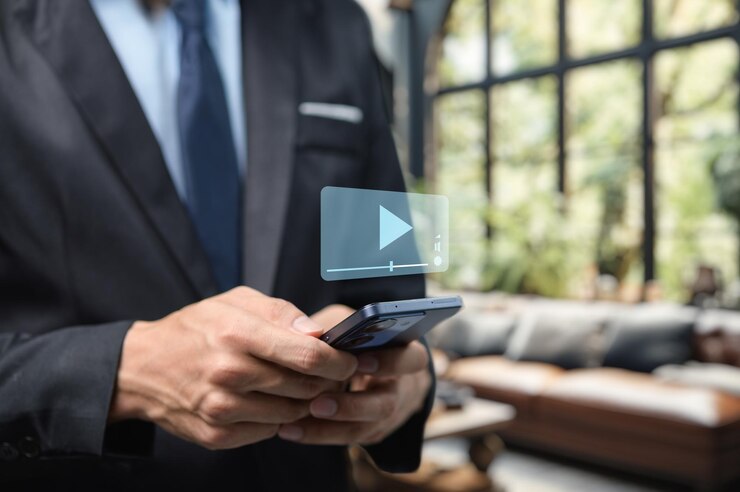
Can Video Recordings Serve as Legal Evidence?
In our technology-driven world, smartphones, home security cameras, and workplace surveillance systems are a common sight. We often capture events as they unfold, sometimes without considering the legal implications of these recordings. Whether you're thinking about using a video as evidence or concerned about being recorded, you're not alone—this is a common and crucial legal question.
Public vs. Private Spaces
At the federal level, video recording is generally allowed in public areas like streets or parks where there is no expectation of privacy. However, recording in private spaces—such as restrooms, dressing rooms, or hotel rooms—is illegal without consent and can be considered a federal crime. Understanding the location-specific legality of recordings is crucial to avoid any violations.
Audio Recording Considerations
Audio recording laws are distinct from those governing video. Federal law mandates one-party consent for audio recordings, meaning you can record conversations as long as you are a participant. However, many states require all-party consent, so it's important to know the specific laws in your state to ensure compliance.
Workplace and Semi-Public Areas
In workplaces or semi-public areas, video (and particularly audio) recordings may necessitate consent or clear disclosure, dependent on state regulations. For any interstate or multi-state calls and recordings, it’s safest to adhere to the strictest applicable law, typically all-party consent.
Legal Consequences and Considerations
Secretly recording someone in a private setting is almost always illegal and can result in severe legal complications. While video-only recordings in public are generally permissible, they must not infringe on someone’s privacy or include audio without consent. Additionally, state laws can be stricter than federal regulations, leading to potential civil or criminal penalties for non-compliance.
Understanding and Respecting Legal Boundaries
It's easy to record with today's technology, but understanding and respecting legal boundaries is crucial. Before hitting "record," especially in private or semi-private settings, it's important to pause and consider the legal implications. When in doubt, seeking legal advice is advisable, as navigating these laws can be complex. Professional guidance can prevent costly mistakes, ensuring that you use or defend recordings appropriately in legal matters.
